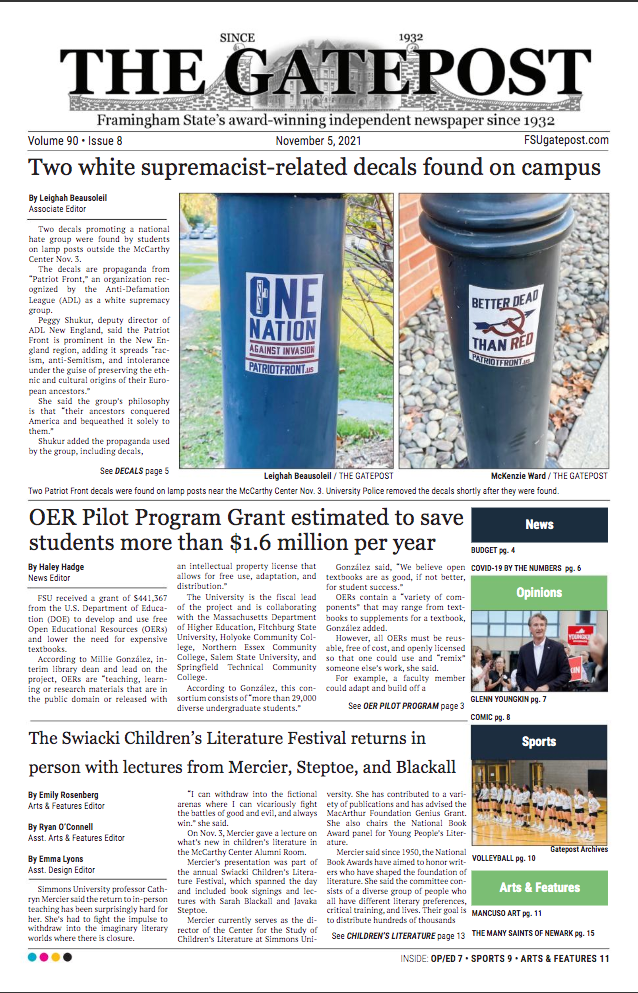Resources for Journalists - My top 9 recommendations
- Dec 17, 2021
- 3 min read
In previous blog posts as well as on my main page, I’ve provided some resources that are helpful for journalists. Here, I’d like to create a more fully formed list of resources.
It is very important for every journalist, and every person, to know where they are getting their information from. This website allows you to search up a news source and see if it have any history of bias or of reporting false information.
This website understands that a lot of news outlets have some form of political bias. Therefore, the website breaks down news stories by providing an article from an outlet from each side of the political spectrum - right, left, and center.
This tool has been such a blessing to myself and the other student journalists I work with here at The Gatepost. This app will record your interview and an AI will transcribe it. The transcription isn’t perfect, but it will help you find the quote in the recording easily and help you remember what was discussed. The tool is available both as an app on your phone and as a website. If you don’t want to use the application itself to record you can upload audio as well. The best part is it’s free! You do only get a limited amount of minutes each month, but I’ve been using this tool for about two years now and have never run out. There is also a limit on how long you can record for, but all you have to do is hit the record button again.
Most people pursuing journalism are familiar with this book, but if not you are now! Most newspapers follow a specific style of writing and a lot of them follow AP. This book will give you all the answers to what you need to know when writing an article. You can also follow them on Twitter (@APStylebook) where they post frequent updates to their style as well as style tips.
This website has an infinite amount of resources and information on everything a journalist could possibly need to know, including ethics, copy-editing, fact-checking, diversity, the first amendment, and public records. You will often see me retweeting article’s by this group so follow me on Twitter (@bleighah)!
Hootsuite is very limited in its uses, but it does save me some time. I use this website to help share all of The Gatepost’s articles across both Twitter and Facebook. I do have to go in and set each post up and when I am done hit publish on each one, which takes time. However, I only have to do it once rather than on the multiple times I would have otherwise. It also makes it so the articles are all posted at relatively the same time, so they don’t come out too staggered.
Creative commons is a big help whenever we need a photo for something and don’t personally have one. All the photos are completely royalty-free and available for use. We typically use the old portal for this website and all you have to do is type what you’re looking for and click on Google images.
The Gatepost has access to the Adobe Suite through the University. We use Adobe InDesign to design the paper itself. We use Adobe Bridge for editing photos in bulk. We also use Adobe Photoshop. Having access to these tools has made getting the paper together so easy. Though we typically learn how to use these from older staffers, there are plenty of videos and resources available online, as well.
Canva is a great tool for when you need to design something quickly. We use Canva for all of our social media posts, for our photo spreads, and even for our advertisements sometimes. It saves us time and money because the website has a free version!





Comments